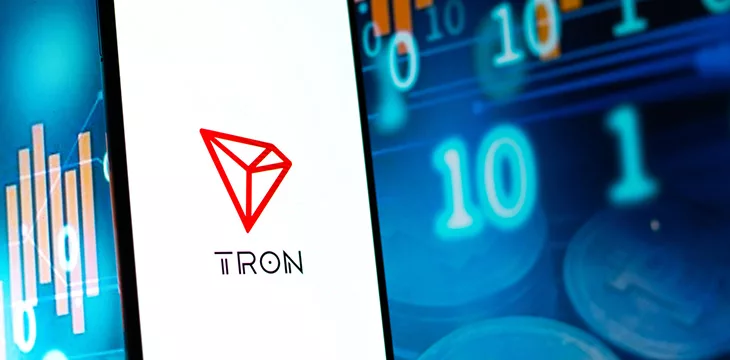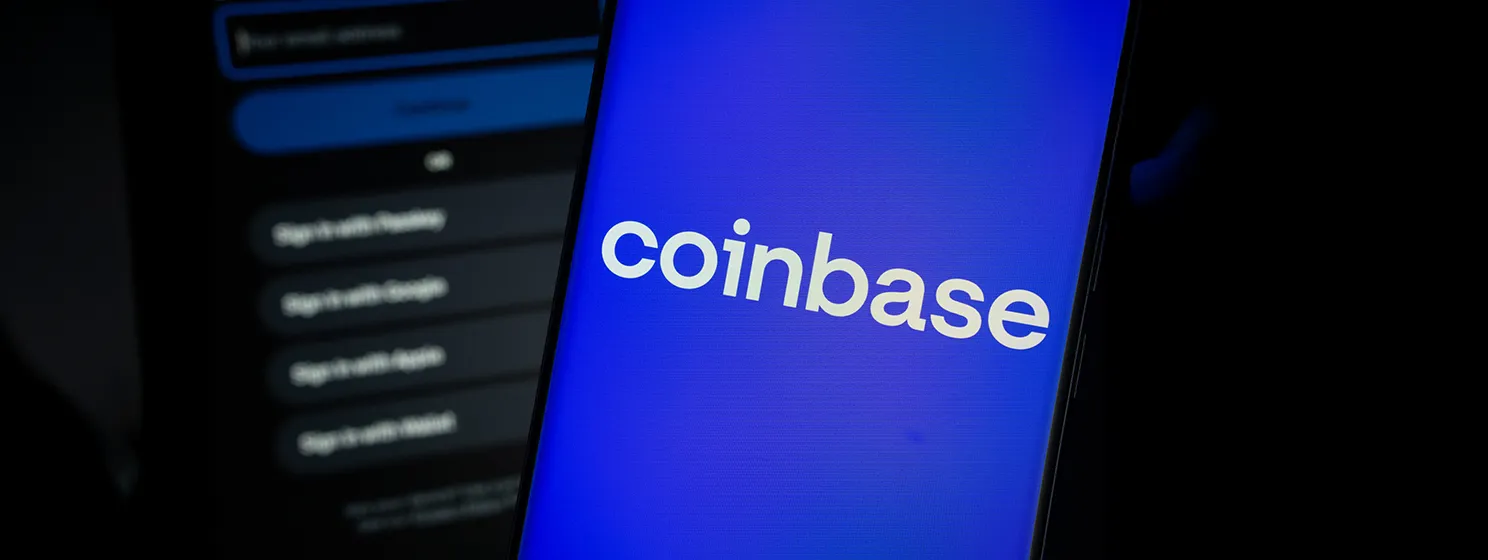|
Getting your Trinity Audio player ready...
|
Huobi customers appear eager to get their tokens off the digital asset exchange ASAP following reports that its several key executives were detained by Chinese authorities.
This weekend, ‘crypto Twitter’ was awash in claims that several executives representing Huobi and the Tron blockchain had been detained for questioning by Chinese authorities over suspected money laundering activities. The arrested individuals reportedly included Tron founder (and reputed Huobi owner) Justin Sun.
Sun eventually weighed in on Twitter (sorry, ‘X’) to reassure Tron and Huobi customers that he remained a free man. Huobi issued a blog post insisting that the exchange “is operating as usual, as it should, and as it will.” But beyond those meek assurances, neither Sun’s tweets nor Huobi’s post offered any specific refutation of the reported actions by Chinese authorities involving Huobi or Tron staff on the mainland.
This deflection accelerated the already significant outflow of assets from Huobi, which had seen nearly half-a-billion dollars leave the exchange in the past month. Never fail, a sudden surge of over $350 million in inflows magically appeared late Monday to alleviate concerns regarding Huobi’s solvency. (Don’t you just love a happy ending?)
Nonetheless, reports of the detentions came just as China’s Central Political and Legal Committee issued an edict calling on all branches of government to crack down even harder on “overseas telecommunications network fraud groups.”
The edict said these groups increasingly relied on “blockchain, metaverse, virtual currency, AI and other new technologies and new formats to continuously update criminal tools, which are more concealed and confusing.”
Online sleuth Colin Wu later tweeted that Chinese authorities had recently detained “a large number of senior executives of offshore cryptocurrency exchanges…for allegedly providing fund payment and settlement services for gambling websites.”
A report last month from Bitrace detailed “the extensive adoption of [the Tether (USDT) stablecoin]…in online gambling activities.” The report claimed that “direct or indirectly associated online gambling funds transferred to the hot wallets of mainstream exchanges exceeded 7.6 billion USDT” over the past year.
The report documented a sample of digital asset payment platform addresses used for fund settlement on online gambling platforms, showing that over 44% of the USDT transferred via counterparty addresses came from illicit activities (other than gambling), including fraud and money laundering.
None of this is news to Chinese authorities, who have been playing whack-a-mole with gambling operators and their Tether-based payment partners for years. In 2021, legal gambling operators in the Asia-Pacific region singled out Tron—now home to most of the $83 billion in USDT currently circulating in the wild—for its reliance on gambling-focused ‘decentralized’ apps.
Stake out
Even before this weekend’s rumors, significant concerns were being raised about how much control Sun and Huobi have over stUSDT, a ‘staked’ version of USDT. Tron users (and those on the Ethereum chain) can stake USDT based on the belief that the unknown operators of a decentralized autonomous organization (DAO) will invest the stablecoins in real-world assets and pay users an outsized yield (in more stUSDT, naturally).
To date, neither Sun nor Tron has offered much in the way of details regarding how these assets have been invested. There’s been a similar paucity of details about the DAO supposedly tasked with governing the stUSDT product. Worse, the bulk of stUSDT held on both Tron and Ethereum appears to be in wallets controlled by Huobi and Sun.
Digital sleuth Adam Cochran issued a tweet thread this weekend detailing the eerie confluence of the Huobi/Tron detention rumors and a major USDT sell-off on Friday by the Binance exchange, whose founder Changpeng ‘CZ’ Zhao is tight with Sun. These events followed both the stUSDT launch and “weeks of steady USDT decline in Huobi.”
On-chain data shows a significant disparity between the volume of USDT that customers have deposited on Huobi and the actual USDT quantity on the exchange. Cochran claims a good chunk of this USDT appears to be going into Sun-controlled wallets to “prop up [Sun’s] other defi apps, and paying a yield on it to get users to deposit more into Huobi.”
Cochran further theorizes that Binance’s USDT sell-off may be because “they realize Sun doesn’t have the USDT he claims to and if users find out they might mass dump to escape his exchange.”
Definitely organic and not manipulative
There’s an interesting subplot to this saga, in which Tether CTO Paolo Ardoino sarcastically suggested that the selling pressure on USDT “feels definitely organic and not manipulative at all.” Ardoino also wondered why “a competitor born 2 days ago” was the beneficiary of this transfer of stablecoin affections.
The ‘competitor’ mention appears to be a reference to FDUSD, which made its debut on Binance in late July. FDUSD saw its market cap rise tenfold late last week (albeit to a comparatively modest $260 million) after Binance announced that FDUSD could now be traded against BTC and ETH on the exchange, with the same zero-fee benefits previously limited to BNB, BUSD, and USDT trading pairs.
First Digital Trust is the Hong Kong-based custodian of the assets backing FDUSD tokens. First Digital performs a similar function for some of the assets backing Sun’s TUSD stablecoin, although, like everything Sun’s involved in, there are long-running questions as to whether the assets allegedly backing TUSD are all they claim to be.
While CZ and Sun have been undeniably tight with the Tether crew over the years, there’s been some notable friction amongst this group in recent months. CZ keeps referring to Tether’s reserves as a ‘black box’ and recently laid out a strategy that involves lessening Binance’s reliance on USDT for friction-free trading. If things get any more tense, we could be in for a proper Sharks v. Jets stablecoin dance-off.
Circling the drain
Meanwhile, the major loser in this clash of the stables may be USDC, the joint production of Circle, and the Coinbase (NASDAQ: COIN) exchange. Most internationally-based stablecoins and exchanges have lost access to U.S. banking, partly due to the collapse of ‘crypto-friendly’ banks like Silvergate and Signature, and in Tether’s case, due to the fact that bankers know the feds are watching them like a hawk.
As a result, the U.S.-based Circle has unwittingly become exit liquidity for both exchanges, and their customers are stuck with USDT that they know Tether won’t/can’t redeem. (Tether’s terms of service effectively leave it up to the company whether it chooses to honor any redemption request.) So, they swap USDT for USDC, possibly via a roundabout route through other tokens, then get Circle to redeem USDC for actual dollars.
Hell, even Tether’s rumored to be getting in on this action, allegedly printing unbacked USDT—its market cap has grown by over $18 billion since the year began, roughly the same amount by which USDC has declined over the same period—with which to acquire USDC and redeem for dollars that can be used to buy U.S. Treasuries paying high-interest rates. (A truly unvirtuous circle, no pun intended.)
The question becomes what happens when USDC’s market cap slips below a certain threshold, and suddenly nobody’s willing to trade it for USDT. Then the demands for Tether, TUSD, FDUSD, et al. to actually redeem at a 1:1 rate with the dollar will get louder—and the Chinese triads running the gambling/money laundering operations won’t tolerate mealy-mouthed assurances from Ardoino, CZ, or Sun.
Watch: Tokenized assets, stablecoins and custody with BSV

 05-11-2025
05-11-2025 





